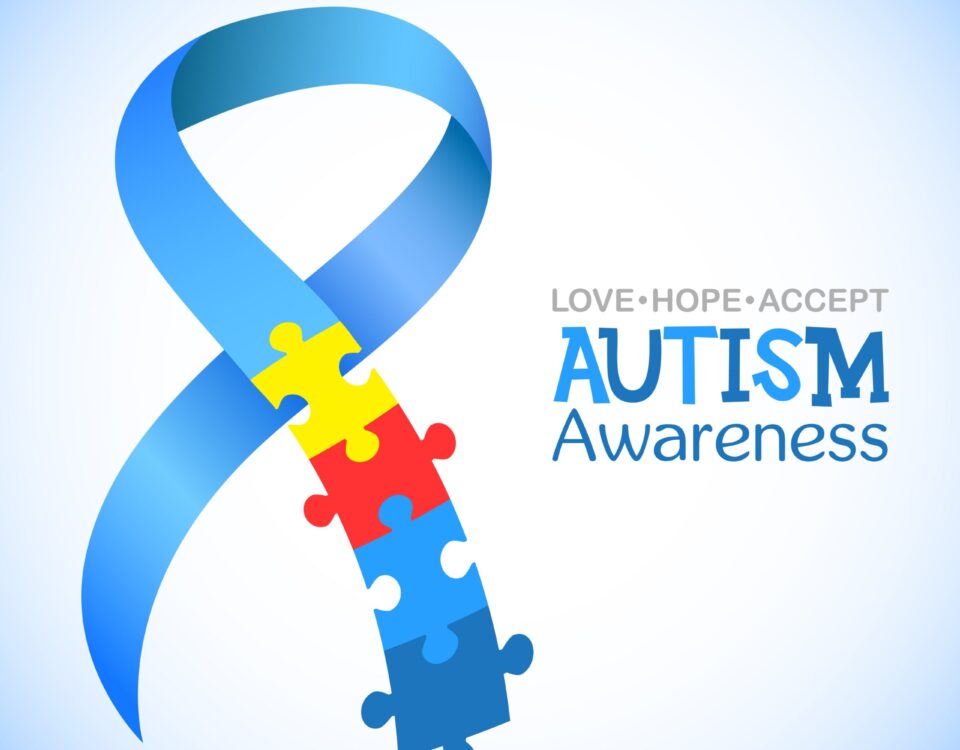- Have any questions?
- (561) 206-2574
- [email protected]
Advocating For Your Child During The Covid-19 Pandemic

Holiday Learning Activities
December 15, 2021
Developmental Disabilities: A Primer
March 8, 2022Advocating For Your Child During The Covid-19 Pandemic

Does advocating for your child during the Covid-19 pandemic feel like an insurmountable task? Has your child’s school been failing to provide what your child needs to be successful? Have you felt stressed out as a parent not knowing where to turn? If this is the case, we have some helpful tips that may help you be a better advocate for your child during these difficult times.
The Individuals with Disabilities Education Act also known as IDEA, is a law where eligible children with disabilities are entitled to a free and appropriate public education and the special education and related services those eligible children require to be successful. During the Covid-19 pandemic, the federal government has not granted any waivers to school districts regarding IDEA law. This means that school districts are still required to provide a free and appropriate public education to all students with disabilities and the COVID-19 pandemic does not limit or change their obligation to your child under the law.
According to the United States Department of Education’s Office of Special Education and Rehabilitative Services and Office of Special Education Programs, “As public agencies and officials grapple with challenging decisions, administrators, educators, and parents may need to consider multiple options for delivering instruction, including special education and related services to children with disabilities. Those options could include remote/distance instruction, in person attendance, or a combination of both remote/distance instruction and in person attendance (hybrid model). However, OSEP reminds SEAs and LEAs that no matter what the primary instructional delivery approach is chosen, SEAs, LEAs, and individualized education program (IEP) Teams remain responsible for ensuring that a free appropriate public education (FAPE) is provided to all children with disabilities. If State and local decisions require schools to limit or not provide in-person instruction due to health and safety concerns, SEAs, LEAs, and IEP teams are not relieved of their obligation to provide FAPE to each child with a disability under IDEA.” The United States Department of Education has made it clear that the pandemic does not absolve school districts from providing FAPE.
What happens if a school is not providing the proper special education services, supports, accommodations, and/or related services during this time? We believe in a collaborative team approach as gathering an Individualized Education Program team together and working through the issues to find solutions cooperatively often yields the best results. If the pandemic has caused a lapse in services and has caused your child to regress educationally, your child is entitled to compensatory education or makeup services.
How do you acquire compensatory education? IDEA law affords certain protections known as procedural safeguards. Sometimes, you may have to exercise these procedural safeguards to acquire a meaningful education for your child. There are several different options regarding your procedural safeguards. It could be participating in a state mediation where an impartial mediator assists in resolving your dispute, filing a state complaint with your State’s Department of Education, filing a complaint with the United States Department of Education’s Office of Civil Rights, or filing a due process complaint. Before engaging in a complaint process, it may be a good idea to negotiate compensatory education with your school directly. Often, your local school may be willing to provide the back services that are owed. However, it is always important to have documented what is discussed and agreed to be designated on a formal Notice of Proposal/Refusal.
Advocating for your child can be a confusing and sometimes very daunting task. Being armed with knowledge and learning about your child’s rights goes a long way. The parent is the most important team member of an IEP team, and YOU are your child’s best advocate. Although these are challenging times, school districts are required to follow the law. If they refuse to provide FAPE, you have procedural safeguards to protect your child’s educational rights.

